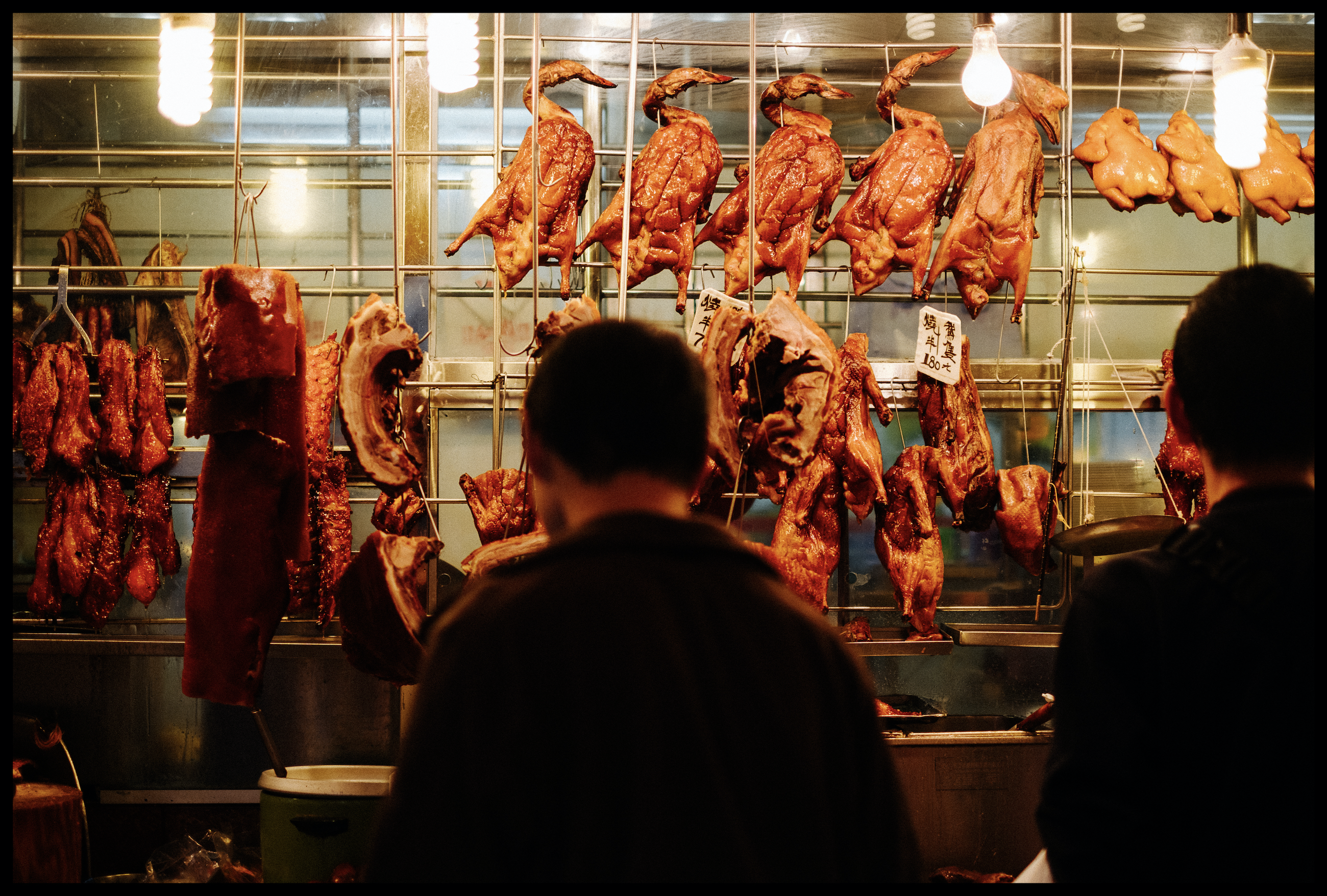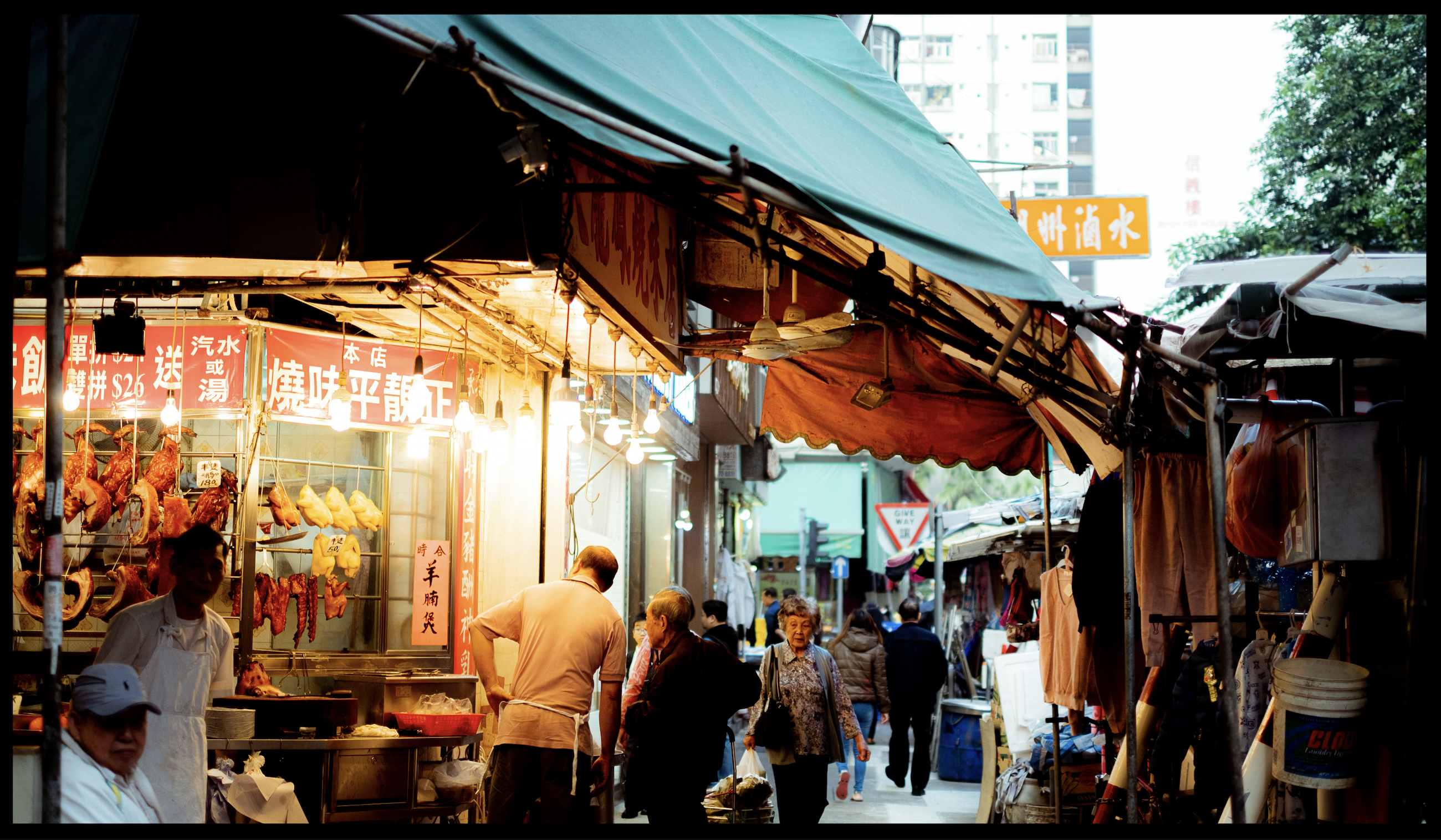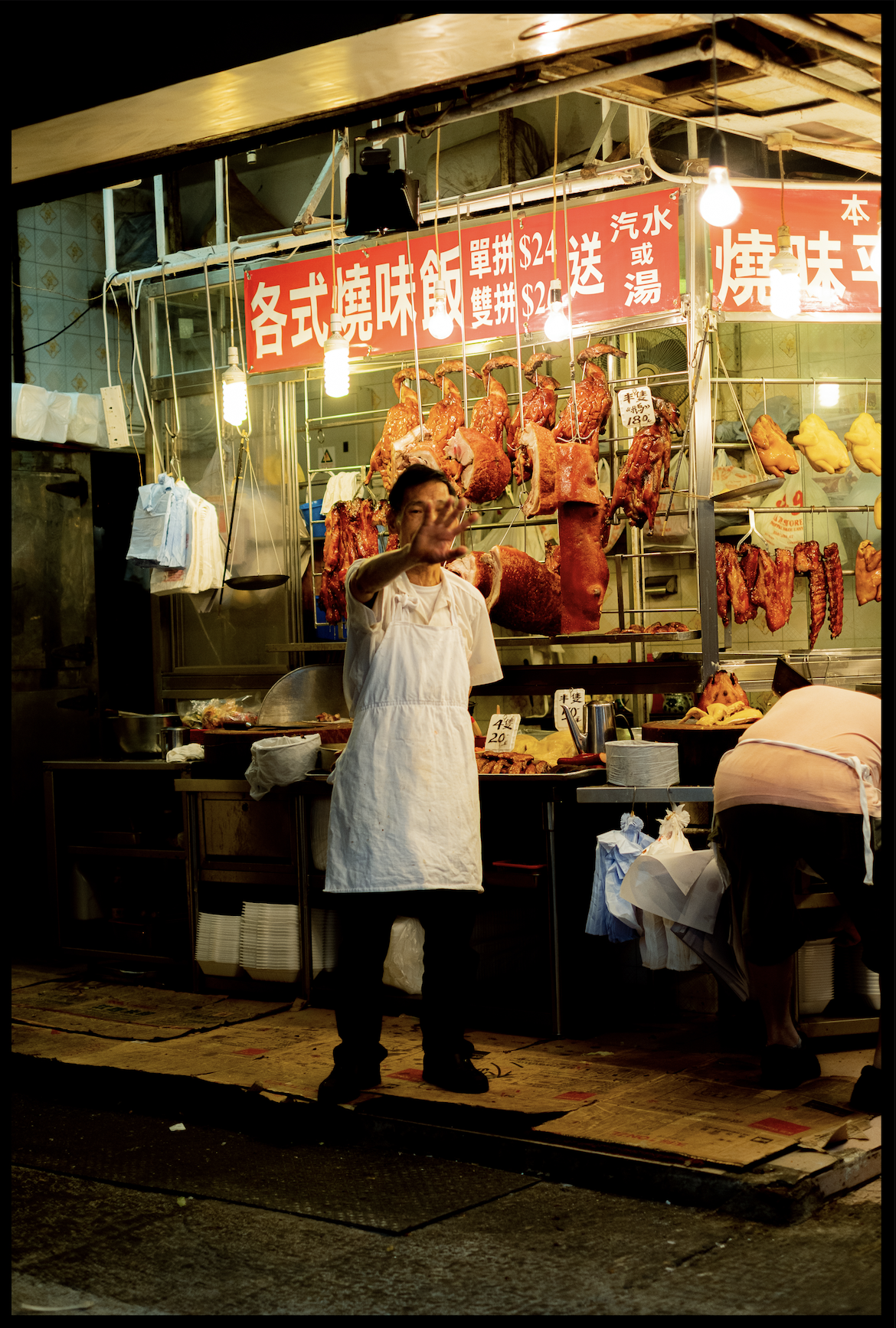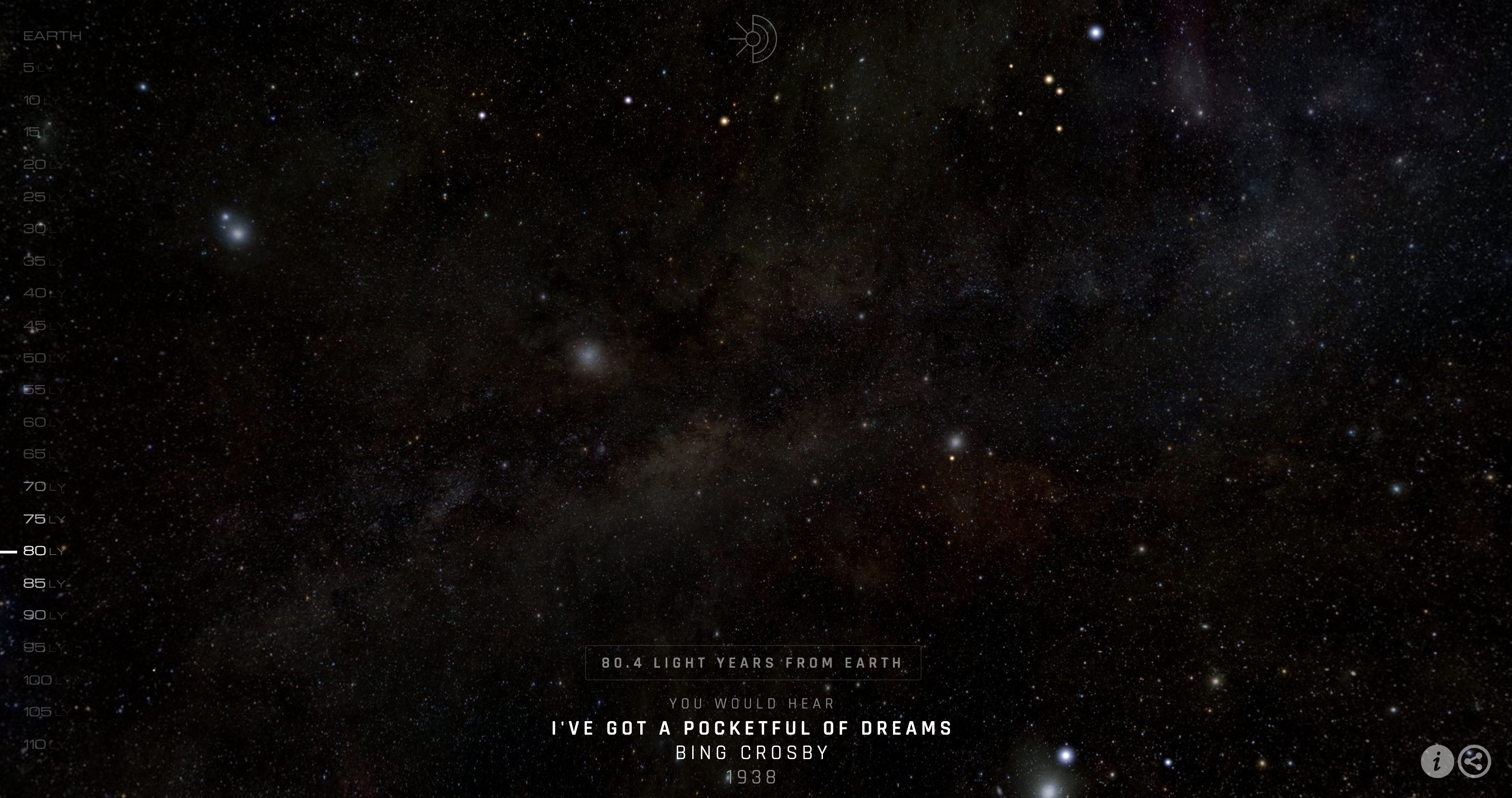I really like these 68 bits of unsolicited advice.
Author: Rebecca Toh
Learning to listen
“There were times when I really hated myself, that I’d become changed as a result of listening. You know, my father used to tell me, you’re throwing your life away and taking your family with you. There were no jobs for what I was doing. But I knew I had to do it, because the hardest job of all is to live without a dream.”
—Gordon Hempton
Break out your best earphones for this.
Which side are you on?
“There are those who endlessly talk and plan. Then there are those who get their hands dirty and create.
There are those who continually snipe impotently from the sidelines. Then there are those who actually try to make change.
There are those who do nothing but complain about everything. Then there are those who experience joy in things, and sometimes try put that joy into words.
Ask yourself which side you’re on. Then, ask yourself why. Regardless of the side you take, chances are you’ll learn something about yourself by answering both questions.”
This is Hong Kong
I love Hong Kong and have loved her for half my life—I think I might have been born there in a previous life (and San Francisco too, because when I was there for the first time I felt an endless familiarity).
I barely read the news these days, but make an exception for Hong Kong. If I love her, I have the responsibility to know what’s going on there.
A few weeks ago, the Beijing government passed the National Security Law. It’s the central government’s way of curbing (ending?) dissent and squashing the rebellion on the ground. It’s working. Self-censorship is already happening. Protest-friendly restaurants that used to be a part of the “Yellow economic circle” have retracted their support. Publishers are scared. Many Hongkongers, offered the chance to relocate to the UK, want to leave. An angry, vocal city is finding herself silenced.
I never imagined Hong Kong—so vibrant, so loud, so proud—could be silenced.
But many are still fighting. Bend the knee? They would rather die.
So let’s wait and see what happens. The story hasn’t ended yet. History can surprise us when we least expect it.
A tale of two cities



“We can either accept the death of Hong Kong’s way of life as a consequence of the new security law, assuming – wrongly – that we are impotent to do anything about it. Or we can hear the cry of Hongkongers – repeated again and again over the past year and most recently just yesterday in polling stations across the city – and take a stand.
A stand that makes it clear to Hongkongers that even if Beijing and its puppet Chief Executive Carrie Lam refuse to listen, the world hears them.
A stand that says even if we cannot immediately “liberate” the city, we can at least make the Chinese Communist Party pay the highest possible price for breaching an international treaty, breaking its promises and destroying Hong Kong’s autonomy and freedoms.
A stand which says clearly to Hongkongers that even though they may be entering into “the worst of times,” their convictions inspire us to work for “the best of times.”
A stand that says the world knows that even if One Country, Two Systems is dead, it is now “A Tale of Two Cities.” A city increasingly under the grip of the brutal, mendacious, repressive Chinese Communist Party while a free, open, vibrant city still beats in the hearts of ordinary Hongkongers. A city that is increasingly dead in its institutions, governance, and autonomy versus a city that is as alive as ever in its people’s hearts.”
Full article here.
Sign my guestbook =)
I’m excited to let you know that my guestbook is up! Feel free to sign it and tell me more about yourself—Where are you from? What are your hobbies/work? What gets you excited/curious? How did you find me in the vastness of the internet?
I thought the guestbook was a relic of the old internet, so I’m pleasantly surprised to find out that it still exists!
“…the guestbook was for kindly visitors who journeyed to your corner of the internet, and wanted to leave a nice (or not so nice) message for you — their digital host.
No one respected a webmaster with an empty guestbook, and I can now freely admit, many years later, that I may have faked some entries in my own guestbook to remain popular with my peers. Times were tough.”
—Luke Harrison
Lightyear.fm

They say we’re a speck in the universe. This website drives home the point for me. (It got me a little emotional too.)
Desire
“Discovering the meaning of desire in this way frees us from the moralizing, guilt-inducing command to be less selfish and more altruistic. No, just take the time to listen to what is calling to you, and spontaneously, you will emerge from yourself, be attentive to others, and become engaged. Ask yourself, quite simply, what you want. Someone who becomes involved in an organisation to help combat violence against women or to aid the illiterate doesn’t do so from some altruistic sense of duty, but because it appeals to them, speaks to them, makes them feel more alive and happier.”
—Fabrice Midal
the elegant joy of black and white photography





Shot in Sapporo and San Francisco.
Cut the bullshit
“So, what exactly is the news? This is the most basic definition: information on events from across the world. A bus accident in Australia. An earthquake in Guatemala. President A is meeting President B. Actress C has divorced celebrity D. A missile launch in North Korea. Argentina is bankrupt. A record-breaking app. An international corporation fires its CEO. A man from Texas eats five kilos of live worms. A man stabs his grandmother. The closing price of the Dow Jones.”
—Rob Dobelli
Rob Dobelli argues the case for quitting the news.
A longer and more layered discussion between Rob Dobelli and The Correspondent founding editor Rob Wijnberg:
My thoughts in a future post.